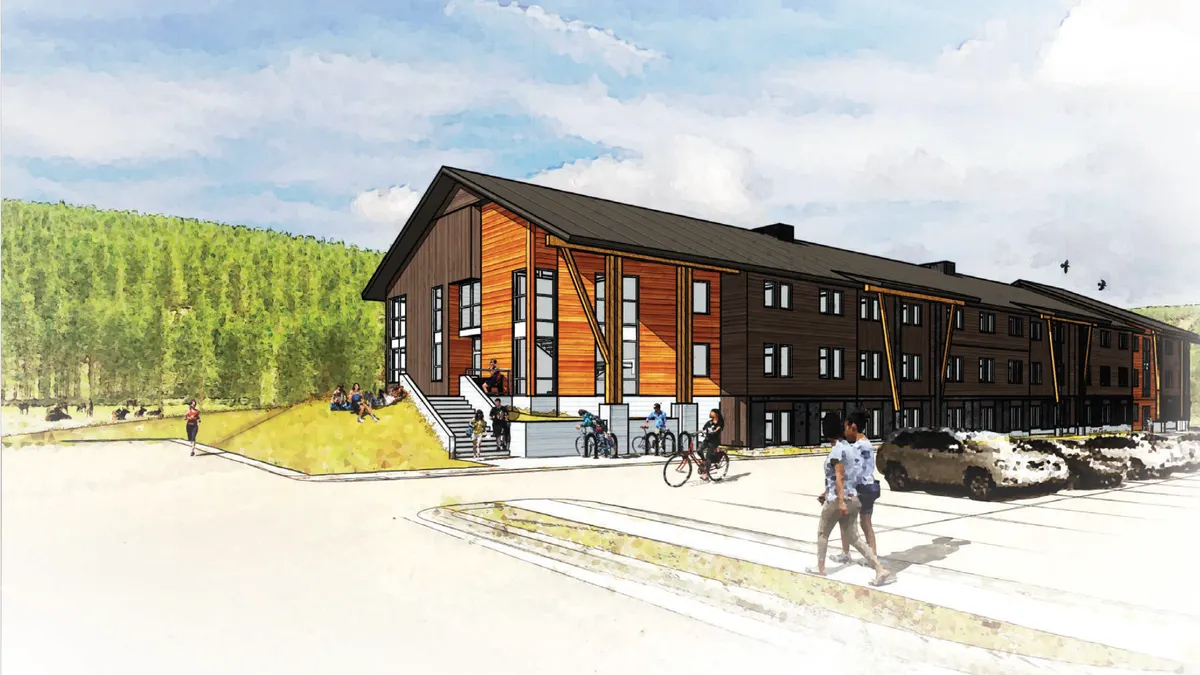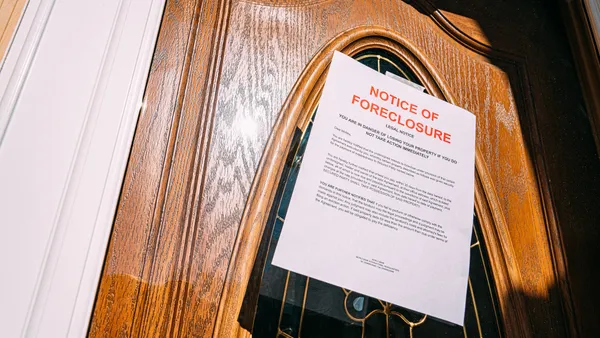DB Capital Management has been busy this year.
So far, the Playa Vista, California-based apartment owner has bought approximately $350 million in assets. It has been active in growth markets like San Antonio and Austin, Texas, Denver, Las Vegas and Salt Lake City, Utah. The company has also been an active seller. Last year, DB sold all of its assets in its home state of California.
But that frenzied pace could be coming to an end. The dog days of summer are bringing a slowdown.
“I think our pipeline will probably moderate a little for this coming quarter,” DB Capital CEO Brennen Degner told Multifamily Dive. “The general expectation is that things pick up a little more after Labor Day. But the market is pretty quiet and just trying to find its footing right now.”
Here, Degner talks with Multifamily Dive about changes in the transaction market, the company’s departure from California and what he sees at his properties.
This interview has been edited for brevity and clarity.
MULTIFAMILY DIVE: Concerns about regulation, including rent control, prompted you to put assets on the market in California. How is that process going?
BRENNEN DEGNER: We thought we sold at a good time. The pricing came down rather significantly recently. But on most of the assets, we were still relatively happy.
The deals we exited in Portland, Oregon, also did very well. Although the markets are similar as far as their place on the political spectrum, Portland had a little bit more stability. The demand side of that renter profile in the market was a little bit stronger for us. We exceeded our projections on everything we sold out of in Portland. We were probably on par with our projections in Los Angeles, absent a few assets that didn't perform as well as we had hoped.
How has capital market volatility affected valuations?
What has had the biggest impact on valuations in the short term is not necessarily the change in the cost of capital because obviously spreads have gone in and indexes have gone up. So your actual cost of capital has increased substantially over the last two quarters.

What has put more pressure on valuations is the lack of consistency or the change in the underwriting standards and metrics that lenders are using. That has bottlenecked the flow of capital into the market.
That lack of certainty has caused us to price deals much more conservatively. We are giving ourselves much more margin for error on debt, which has translated into reduced valuations on the buy side.
Then you couple that with the higher cost of capital and we're seeing probably anywhere from 5% to 15% pricing adjustments that are mostly a byproduct of that change in the capital markets.
Are you still seeing strong investor demand for properties?
Apartments are still a major buzzword for the inflation-resistant investment class. You're still going to see demand on the buy side. It won't completely dissolve any valuation loss but it's going to have an impact on it.
I don't think there's going to be a real significant challenge for groups to have liquidity on an exit because there is plenty of demand.
While there is volatility in the capital markets, on-site fundamentals still seem really strong. What are you seeing at your properties?
It's a really interesting game of tug of war that we're in the middle of because the operations on our assets across the entire portfolio are so far ahead of any projections. We're seeing 20% and 30% lease trade-outs.
On one hand, we're seeing changes on the horizon in the capital markets — increasing interest rates, lower leverage and a more challenging financing structure. So it's difficult to decide which one of those is the bigger weight on value. I think there's going to be slower momentum on the deal flow side as groups like us have price discovery,
How are these trends affecting your sales strategy?
We are in the camp that unless you absolutely have to sell something right now, we're probably taking a pause for the next one to two quarters, letting the volatility subside a little bit and then bringing stuff to market.
So I think you might end up seeing a bit of an influx in deal flow around the first quarter of 2023 or maybe later this year if people get comfortable with where the markets are.
Click here to sign up to receive multifamily and apartment news like this article in your inbox every weekday.









